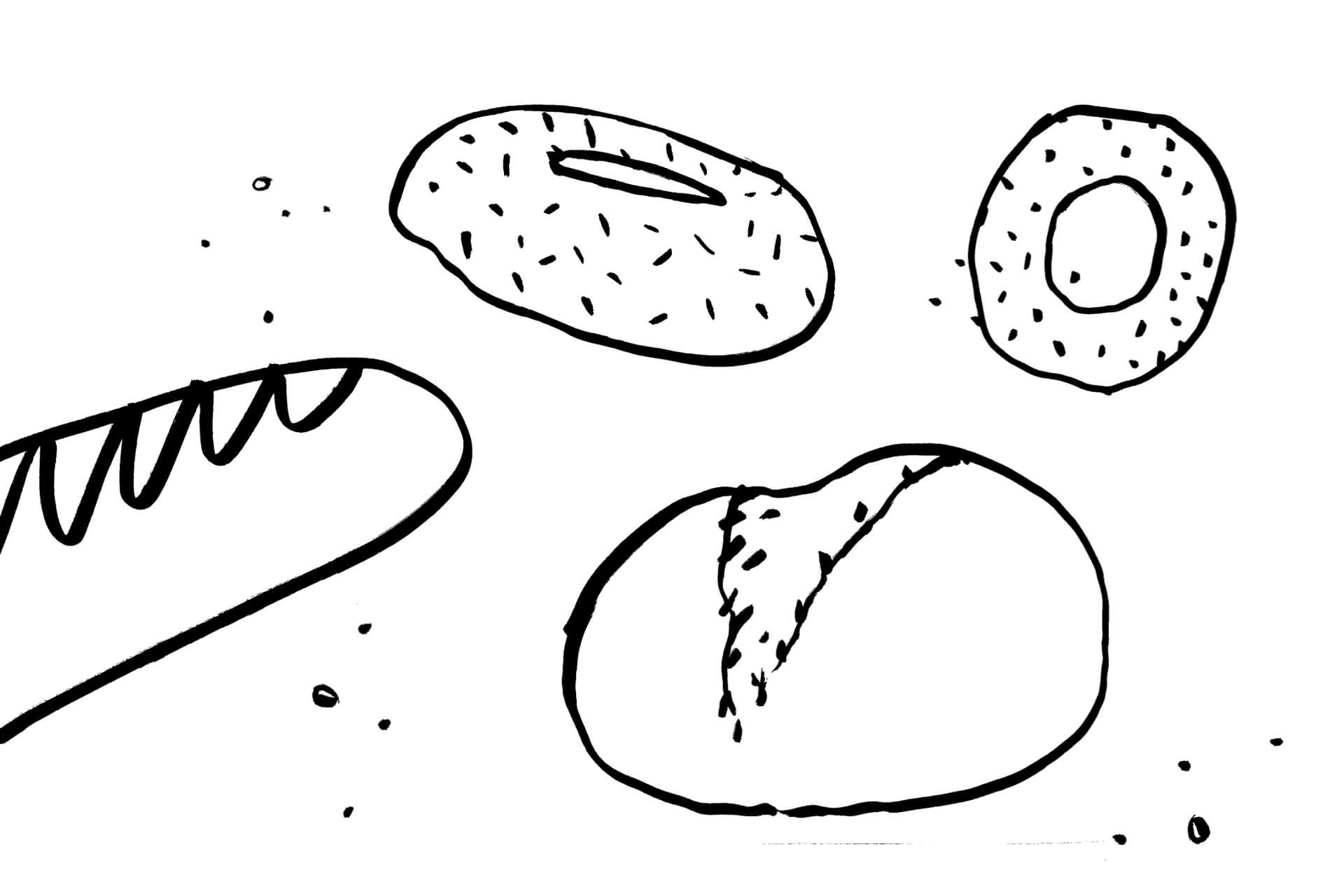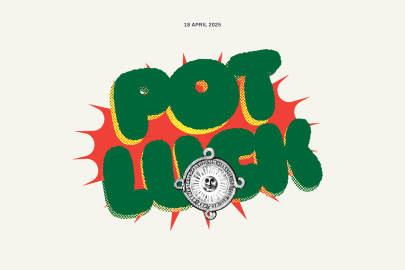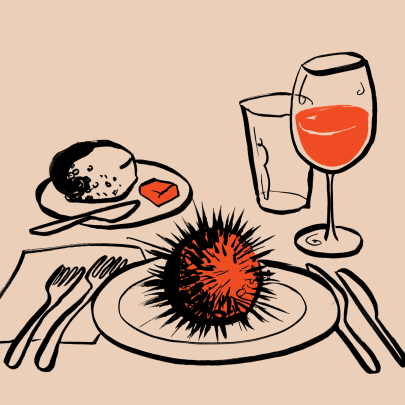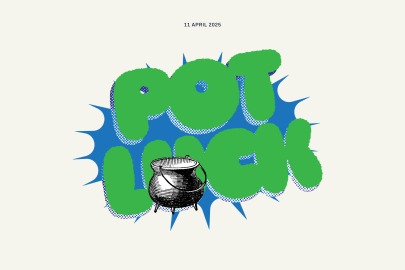Oct 14, 2022 Food
At Countdown, we’ve been actively working to reduce food waste since 2011, when we first introduced our food rescue programme across all our stores, and in 2020 we announced our goal to send zero food waste to landfill from our stores by 2025.
Our food rescue partners continue to play a critical part in helping us reach our zero food waste goal. 100% of our stores have a food rescue partner and much of our bread that we can’t sell is collected by them to help feed people
in need. If it’s not suitable for donation, then many of our stores have relationships with local farmers who collect bread and produce and to feed their animals.
If neither of those options are viable, then a growing number of our stores also have their organic waste collected by our waste contractor who either turns into animal feed or compost.
Given bread is the most wasted food across New Zealand, we’re also looking at innovative ways to upcycle bread that isn’t sold so that we can give it a second life and we’re currently developing some exciting products that will do exactly that. We’re hoping to launch these later this year, so watch this space!
Kiri Hannifin
COUNTDOWN’S DIRECTOR OF CORPORATE AFFAIRS, SAFETY AND SUSTAINABILITY
All our stores are owner-operated, which means when it comes to waste minimisation, our New World, PAK’nSAVE and Four Square stores take the lead on making sure nothing goes to waste in their store.
We’re committed to doing our bit to reduce food waste across our stores and collectively divert about 10 tonnes of food waste from landfills annually.
Solutions for leftover bread from our in-store bakeries range from donating to a local food rescue or foodbank, working with local farmers to provide livestock feed, or sending the bread and other leftovers to a composter, some stores even give their bread leftovers to a local beer company for upcycling.
Citizen Beer is a great example of an awesome way to reduce food waste and create something delicious. Across partner stores, bread that’s close to its expiry is given to Citizen and they extract the starch from the loaf to make a beer. From the brewing process, leftover bread-brew mash is repurposed again and turned into spent-grain flour to once again become bread. We’re proud to work with local suppliers such as Citizen to support solutions to food waste.
Emma Wooster
HEAD OF CO-OPERATIVE PUBLIC RELATIONS FOODSTUFFS NZ
We’ve got a number of charity partners that we work with to minimise any food waste, namely The Fono, West Vision, Auckland City Mission, and Everybody Eats, along with a number of smaller partners in the community that kindly work to pick up bread at the end of the day. Often these are individuals that circulate food on their own or small pop-up charity events like the Soup Night at Service Denim (there’s one upcoming soon!).
It’s honestly quite a balancing act, between our six sites and the huge number of variables at play, we have to be quite quick-moving and communicative to make it all work. We can’t say it’s perfect, and that 100% of our leftovers make it to a charity partner, but we really try our best! It would be so amazing to see more initiatives specifically aimed at bakery and cafe leftovers, I know it’d be really great to have consolidated information for everyone to have more visibility to really minimise that waste.
Kieran Evans
MARKETING & COMMUNICATIONS, DAILY BREAD
Where possible, Bakers Delight franchisees donate surplus bread to local charities and community groups across Australia and New Zealand. Donations are possible because of the relationships built between a bakery and the local community, and each bakery provides product to support those in need in their local area. We have systems in place to minimise the leftover bread at the end of each day, and make every effort to ensure fresh baked bread is going to those who need it most.
In some situations, bread cannot be donated due to a charity party being unable to collect or not requiring product on the day. Certain products, such as those that contain meat or custard cannot be donated. Bakers Delight welcomes new partners who may have a need for product, and we ask you contact your local Bakers Delight to make
an arrangement.
BAKER’S DELIGHT
Instead of allowing the unsold baked goods to go to landfill in plastic packaging. GWF Baking NZ brings back these products to its bakeries for further processing. Every week roughly 140,000 products are returned via our supply chain to our bakeries. In the South Island 30% of loaf bread re- turned to the bakery, is turned into bread crumbed products. This bread crumb is then packed off and sent to food service customers. As bread crumbing removes water from the bread product, it extends the shelf life of the returned bread to 12 months. The remaining Tip Top, Ploughman’s and Burgen products that can’t be turned into bread crumb are turned into animal food along with Golden Crumpets.






